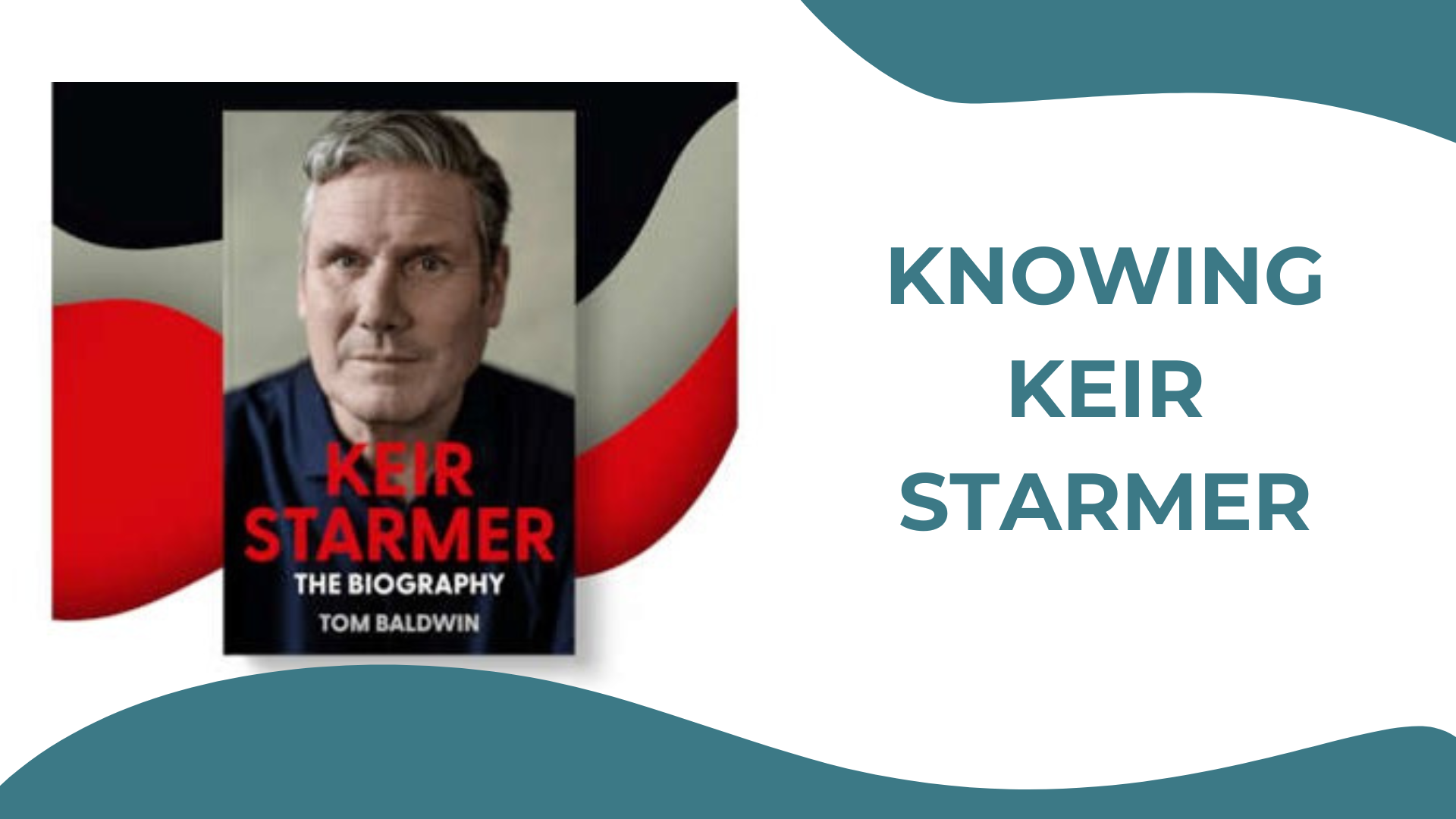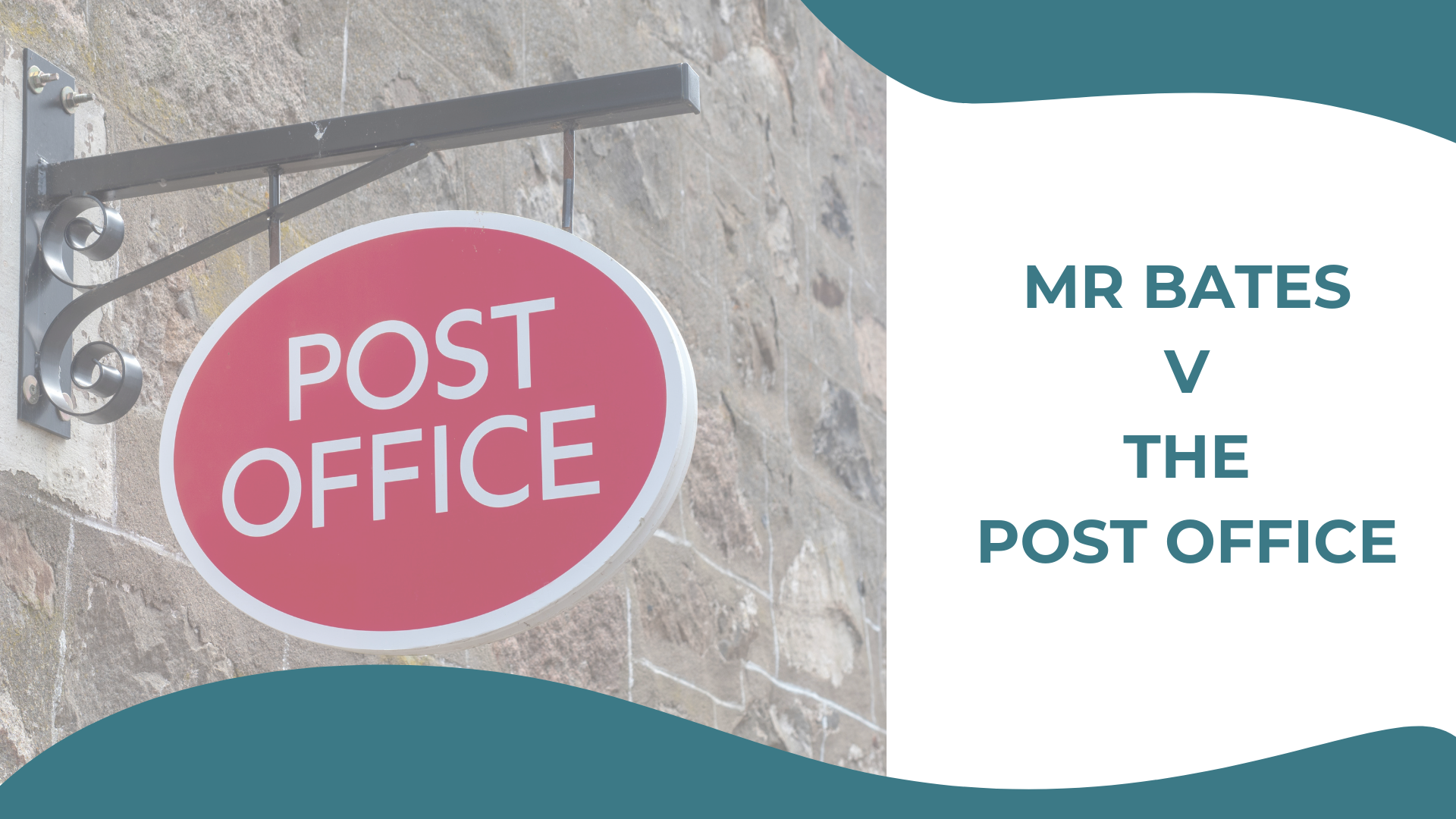This article on Vantage Points forms part of our Leadership Insights series, where we want to tap into thinking on leadership that will equip you to become a better leader at this time of disruption.
Vantage Points
The book Vantage Points (2021 LID Publishing) comes hot off the press. Written by Paula Leach, whom we had the pleasure of working with when she was Chief People Officer at the Home Office, Vantage Points aims at equipping leaders to create cultures where everyone can thrive.
There is much in Vantage Points to stimulate thinking and reflection on our practice as leaders. We really liked Paula’s summary of leadership responsibilities as being two-fold:
First, to create a shared understanding of direction and purpose and,
Second, to get out of the way – enabling and supporting the creativity and activity of others.
That said, one of the main reasons this book caught our eye is captured in the book’s title itself.
A vantage point is a place where you can see a lot of things and seeing a lot of things has been really challenging this past year and will remain so for some time yet. So how do we, as leaders, get a richer picture of what is actually happening in our team, division or organisation?
Paula offers us five vantage points to explore:
- In Amongst. From this vantage point you are with and among your team or organisation. Listening and asking questions. Connecting people and connecting with people. Here the leader is up close. You understand what’s working/not working; how people feel; how they are interpreting direction.
- To the Side and Around. This vantage point takes you to the edge so that you can look in on your team and observe what is going on with others. Here you are still close to your team, but adopt the role of active observer. You notice the team and its environment. Your role is see and reflect, rather than influence. You can invite others to reflect with you too.
- From High Above. This is an elevated vantage point, looking in on the team’s dynamics in a holistic way. Here you grasp context and understand more fully the interconnectedness of your team with others, or how parts of the organisation work together. You are better able to ask ‘why’ things are done in particular ways and what might work better.
- From High and Out. This is also an elevated vantage point but looks outwards. You lead from a position of curiosity and learning about others. You develop horizon scanning and sense making skills to help you anticipate and navigate changes. This vantage point is a place of stimulation – to be creative and innovative – and growth.
- Inside. This vantage point takes you within yourself. You tune into your own feelings, instincts and emotions. You learn to reflect. You test your assumptions and biases. You draw on your strengths, experience and learning. Most importantly, as Paula puts it so well, ‘you check in with yourself to ensure that you are acting in the service of others’.
The book contains rich resources (including a fabulous chapter on practical tools) to help you create clarity and direction and to get out of the way. I was particularly struck by the chapter on creating collective agency in others. My own work with leaders over three decades has led me to see the importance of leadership as a catalyst for collective agency. As a leader, part of your job is to get out of the way and to enable, equip, support, coach others so that their potential and capability is unlocked.
Priced at under £10 I can guarantee that you will get your money’s worth!
Reflection points
- Allocate percentages across the 5 vantage points. Where do you spend most of your time standing? Why is this? What stops you from moving to other vantage points?
- Which vantage point(s) is going to help you most over the next 3 months? What practical steps will you take to put yourself in the right place?




